Comprehensive Approach
to Child Sexual Abuse Prevention
PCAVT developed this approach to child sexual abuse prevention and has incorporated these themes into the Healthy Relationships Project and the Adult Responsibility Project!
Adult Responsibility
All those who care for children need information and skills to keep communication open with children, answer children's questions about reproduction and sexuality, and give children positive messages about the intrinsic worth of their bodies--all aspects of nurturing healthy sexual development. Adults can learn to spot grooming and to intervene if adults or older youth are crossing boundaries with children. Adults can learn how to report child sexual abuse.
Trauma Informed Practices
Whether working with adults or children, prevention trainers are aware that some in the room may have suffered trauma, including child sexual abuse. Children, youth, and adults need tools and messages that are health-based and do not re-traumatize those who have already been abused. The Healthy Relationships Project avoids (and teaches future facilitators to avoid) language that implies that children are at fault if abused (i.e. that they should have said "No!" or taken action to stop the abuse).
Developmentally Targeted
The Healthy Relationships Project utilizes health-focused strategies that match children and youth's social-emotional level and increase protective factors such as communication skills, empathy and knowledge of support systems. Our messaging avoids putting the burden on children to protect themselves, this honors the developmental levels of children and recognizes the dynamics of abuse.
Victim and Perpetration Prevention
We want children and youth to enjoy healthy relationships that are abuse-free. Many of the same protective factors that reduce the risk of victimization (for example: communication, empathy and accountability) also help prevent the development of harmful sexual behaviors. Additionally, starting around age 10, we can also begin to teach the children ways to be a bystander who seeks to help when aware that another child or adult may be in trouble.
Bystander Empowerment
PCAVT realizes being a proactive bystander may not be part of our everyday social norms. The Healthy Relationships Project and the Adult Responsibility Project provide the knowledge and skills for adults to take an active role in preventing grooming and child sexual abuse.

